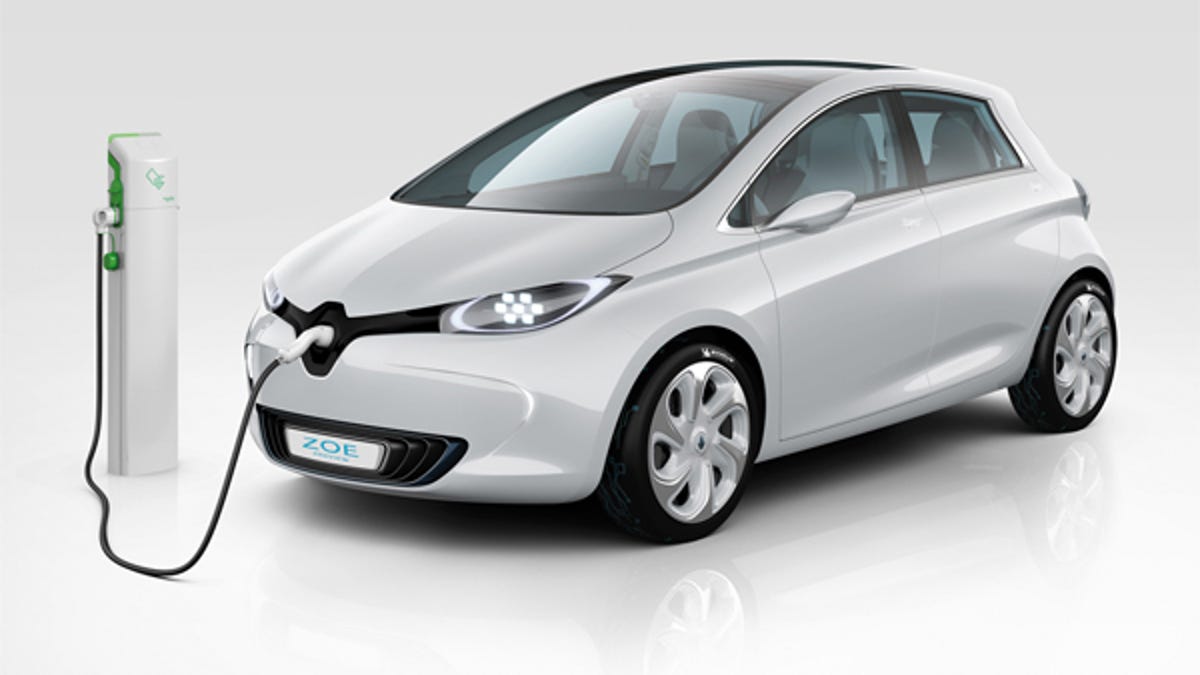Renault Zoe introduces DRM for cars
More specifically, car batteries. The Renault Zoe has a battery that you can't recharge unless you continue to pay the rental cost, Der Spiegel reports.

More specifically, car batteries. The Renault Zoe has a battery that you can't recharge unless you continue to pay the rental cost, Der Spiegel reports.
The Renault Zoe is yet to arrive in Australia, but it might not get much uptake when it does. It's not news that the car's batteries do not come included in the car's asking price; instead, Renault rents them to the user for around AU$100 per month.
The implications of this, however, were not clear until recently. According to a report on German news site Der Spiegel, a clause in the rental contract between Renault and the customer states that, in the case of default on the rental payments, Renault reserves the right to "[trigger] a lock of recharging the propulsion battery".
This means that if you fall behind in paying that monthly AU$100 rental fee, Renault, essentially, can brick your car, rendering it unusable until you pay up.
According to user Franko30 on a German electric vehicle forum, Renault may also lock battery recharging at the end of the rental period.
Rental of EV batteries is not new; most EVs offer you the option of buying the car, battery included, outright or renting the battery. We also know that most EVs include data collection software that tracks when and where you drive and how fast you are travelling. This is the first case we've heard of where a vehicle manufacturer may maintain some kind of remote control over the vehicle's ability to function.
Whether or not Renault will choose to exercise this power or not, its implications are chilling. According to Karsten Gerloff of the Free Software Foundation Europe (FSFE):
If there is a mechanism to remotely control what your car does, some will make use of this mechanism at some point. This could be the manufacturer, shutting down your car as you fall behind on the battery rent because you just lost your job, meaning that it becomes harder for you to find work. It could be the government, compelling the manufacturer to do its bidding. In his forum post, Franko30 predicts that at some point, governments may simply ask car manufacturers to block charging near controversial political events (eg a G8 summit) in order to prevent you from participating in demonstrations.
EVs are supposed to provide a more environmentally friendly alternative to fossil fuels. Customer mistrust due to digital rights management (DRM) is unlikely to help this cause.

